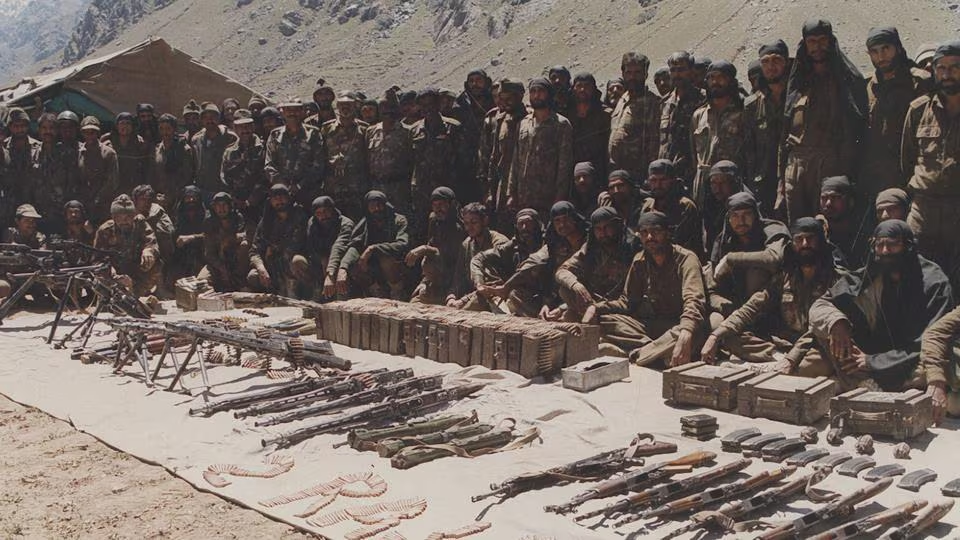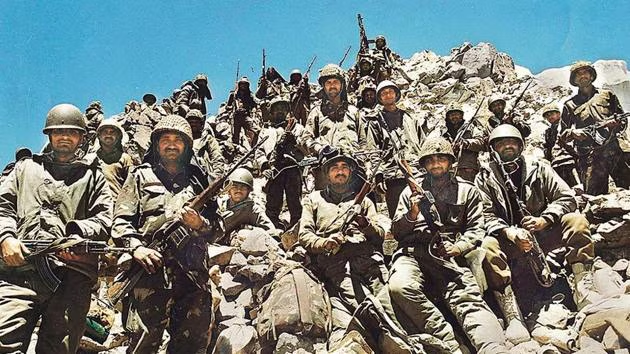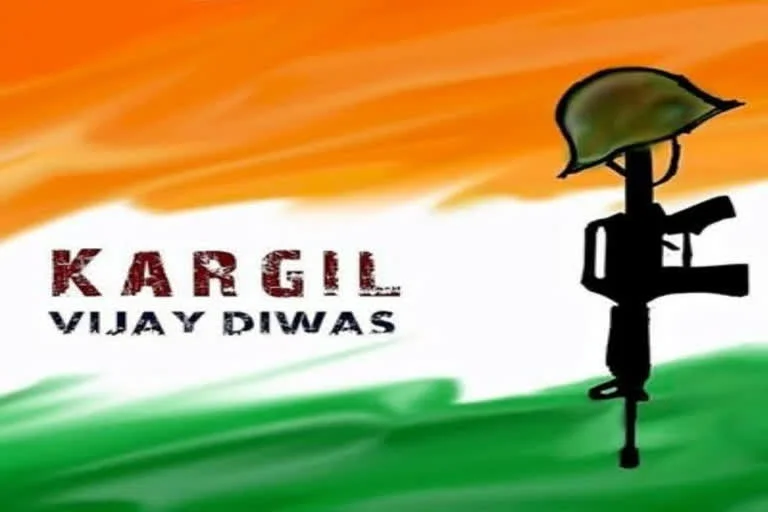The Story of the Kargil War 1999: The Kargil War of 1999 stands as a pivotal moment in the history of India and Pakistan, demonstrating the resilience and valor of the Indian armed forces and also underlining the complexities of conflict in the region. The war fought in the rugged terrain of Jammu and Kashmir’s Kargil district, has not only tested the military capabilities of both countries but also highlighted the enduring conflict over territorial disputes.
Background: Seeds of Conflict
The roots of the Kargil War can be traced back to the long-standing territorial dispute between India and Pakistan over the Jammu and Kashmir region. The conflict began in 1947-48 when both countries fought their first war over the strategically important area. After several military skirmishes and ongoing tensions, the Line of Control (LoC) was established to delimit the areas under the control of India and Pakistan.
However, the situation in the Kargil sector remained volatile. In the late 1990s, Pakistan, emboldened by its nuclear capabilities and seeking to change the status quo, launched a covert operation called Operation Badr. The aim was to penetrate the Kargil district and capture strategic high ground, thereby gaining leverage over India and destabilizing its position in the region.
Outbreaks of incursions and wars

In May 1999, armed infiltrators, consisting of both Pakistani troops and militants, began infiltrating positions on the Indian side of the Line of Control. These incursions primarily targeted important peaks like Tololing, Tiger Hill, and others, which provided strategic vantage points for controlling the surrounding areas and the Srinagar-Leh highway.
On May 26, 1999, India formally acknowledged the presence of these intruders and began operations to reclaim the territory. The Indian government under Prime Minister Atal Bihari Vajpayee decided to respond strongly to the aggression. Thus began the Kargil War, which marked a significant escalation of hostilities between the two countries.
The main event of the Kargil war

- Primary Challenges
The Indian armed forces faced numerous challenges in the early stages of the conflict. The terrain was rugged, with extreme weather conditions, and the troops were tasked with retaking high-altitude positions that were strategically important. The Indian Army had to adapt quickly to this unconventional warfare and launch a coordinated attack. - Operation Victory
As the conflict progressed, the Indian military launched “Operation Vijay” aimed at recapturing the areas occupied by the infiltrators. The operation involved a combination of ground attack and air support, with the Indian Air Force playing a key role in targeting enemy positions. Indian forces employed advanced tactics, including the use of guided missiles and precision bombing to disable enemy positions. - Valor and sacrifice
The Kargil War witnessed the extraordinary bravery of the Indian soldiers. The nation was captivated by stories of heroism, including that of Captain Vikram Batra, who earned the posthumous nickname “Sher Shah” for his bravery during the war. His daring action during the attack on Point 4875, among other operations, became a symbol of the sacrifices of the soldiers. - International response
The Kargil War attracted significant international attention, with countries calling on both India and Pakistan to resolve the conflict peacefully. The United States played an important role in the diplomatic negotiations, pressuring Pakistan to withdraw its forces from the occupied territories. The international community has largely supported India’s position, emphasizing the need to respect the LoC. - Conclusion of hostilities
After nearly two months of intense fighting, the Indian Armed Forces successfully recaptured most of the areas encroached by the Pakistani forces. By July 26, 1999, India declared the official end of the war, marking Kargil Victory Day as a day of victory and remembrance for the sacrifices made by the armed forces.
Aftermath and Implications
The Kargil War had significant implications for India and Pakistan. The conflict strengthened India’s military resolve and demonstrated its ability to respond decisively to external threats. It also led to a reassessment of defense policy and military preparedness in India.
For Pakistan, the war had a detrimental effect on its international standing and domestic stability. The revelation of its military involvement in the Kargil conflict led to increased scrutiny and condemnation from the international community, which ultimately affected its diplomatic relations.
The Kargil War of 1999 remains a defining moment in the history of India-Pakistan relations. It was a testament to the valor and sacrifice of Indian soldiers who fought valiantly to protect their territory and uphold national integrity. As India continues to celebrate the Kargil Victory Day every year, the lessons learned from the conflict serve as a reminder of the complexity of geopolitical tensions and the importance of dialogue and diplomacy in resolving disputes. The Kargil War not only shaped the military strategies of both countries but also left an indelible mark on the collective consciousness of the Indian people, reinforcing their commitment to safeguarding their sovereignty and territorial integrity.
Read Also: French Revolution
![]()






One thought on “The Story of the Kargil War 1999”